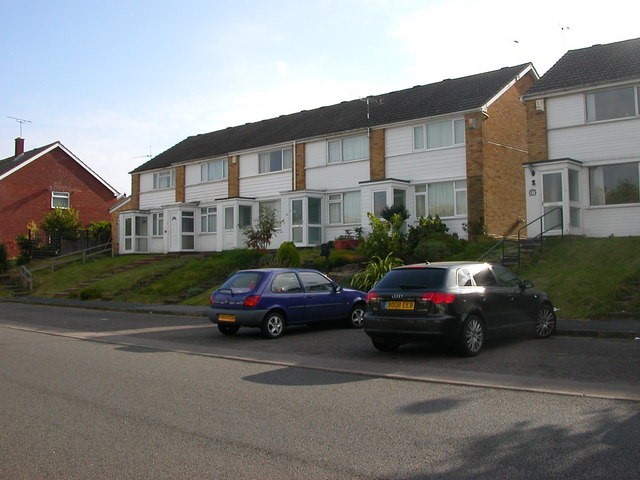Most of us would agree that being near our families is pretty important to our lives and that being close enough to call on our parents to help us out when things go wrong is a big factor in deciding where to buy our first homes.

60 per cent of us say that it is important to have relatives nearby; however, a recent survey by online property giant Zoopla shows us that what we claim we want and what we actually want are two very different things. The survey reveals that over three-quarters of first-time buyers – around 77 per cent of the respondents – don’t buy in the same areas as their parents. Of these first-time buyers, 45 per cent moved to a property over 20 miles away from where their respective parents lived, 14 per cent opted to live within one and three miles away, and just 8 per cent moved within a mile of their parents’ home.
Dream v reality
What causes this disparity between wanting to live near your parents and moving away from them? Perhaps it has to do with the affordability of home buying. First-time buyers in locations with higher costs, such as London, are more likely to live further away from their parents’ home (over 53 per cent, according to the Zoopla survey). Those looking for their first property in areas with lower associated costs, such as the North West, Scotland and Wales, are the most likely to stay closer to their families.

Why are first time buyers moving so far away from home?
Richard Houston, consumer spokesperson for Zoopla, issued a statement explaining the results of the survey. He acknowledged that moving into your own home is a huge milestone in the lives of many people; however, when starting on the property ladder, living close to their parents is a thing of the past for many people.
First-time buyers, in his words, are choosing to flee the nest. He suggests that where we buy our first home is dictated by many other factors rather than just a desire to be near our families. People might move to take advantage of different employment opportunities, concerns about affordability when it comes to such things as property prices and the homebuyers survey cost, or just wanting to have the chance to start a new life on their own.
Purchasing a first home is about more than buying a roof or a space. A home of your own gives you the freedom to explore your identity through design and creativity and gives you free rein to do what you want – decorate how you want, cook whatever you want, and have as many parties as you want with your friends!
While your precious offspring may not choose to live close to you, there are plenty of ways in which parents can help their children to take their first step onto the property ladder. High house prices, affordability checks and the need to save a hefty deposit can all make it difficult for children to make the move into their own home.
As a parent, you might decide to give your children a boost to ensure they get their own home – even if this means you can’t see them every day! You may choose to gift or lend the deposit needed for them to secure their first property or to cover related expenses such as the homebuyers survey cost. If you decide to help with the deposit, make sure that you check out the full legalities of doing so. Mortgage lenders may require proof that the money came from you and you may need to sign a legal declaration if you are gifting or lending.
Some parents may consider entering into a mortgage on a property for their children, such as guaranteeing to meet any repayments on the home that their child cannot pay. This can be risky if you are still paying your own mortgage. You may choose to enter into a joint mortgage with your children, whereby the lender will assess the financial circumstances of both the parent and the child. A parent can take power over future transactions by being named on the deeds, or the child can take a joint sole proprietor mortgage and their name alone goes onto the property deeds.
No matter how you chose to leave your parental home, make sure you enjoy hunting for and buying your first property.
